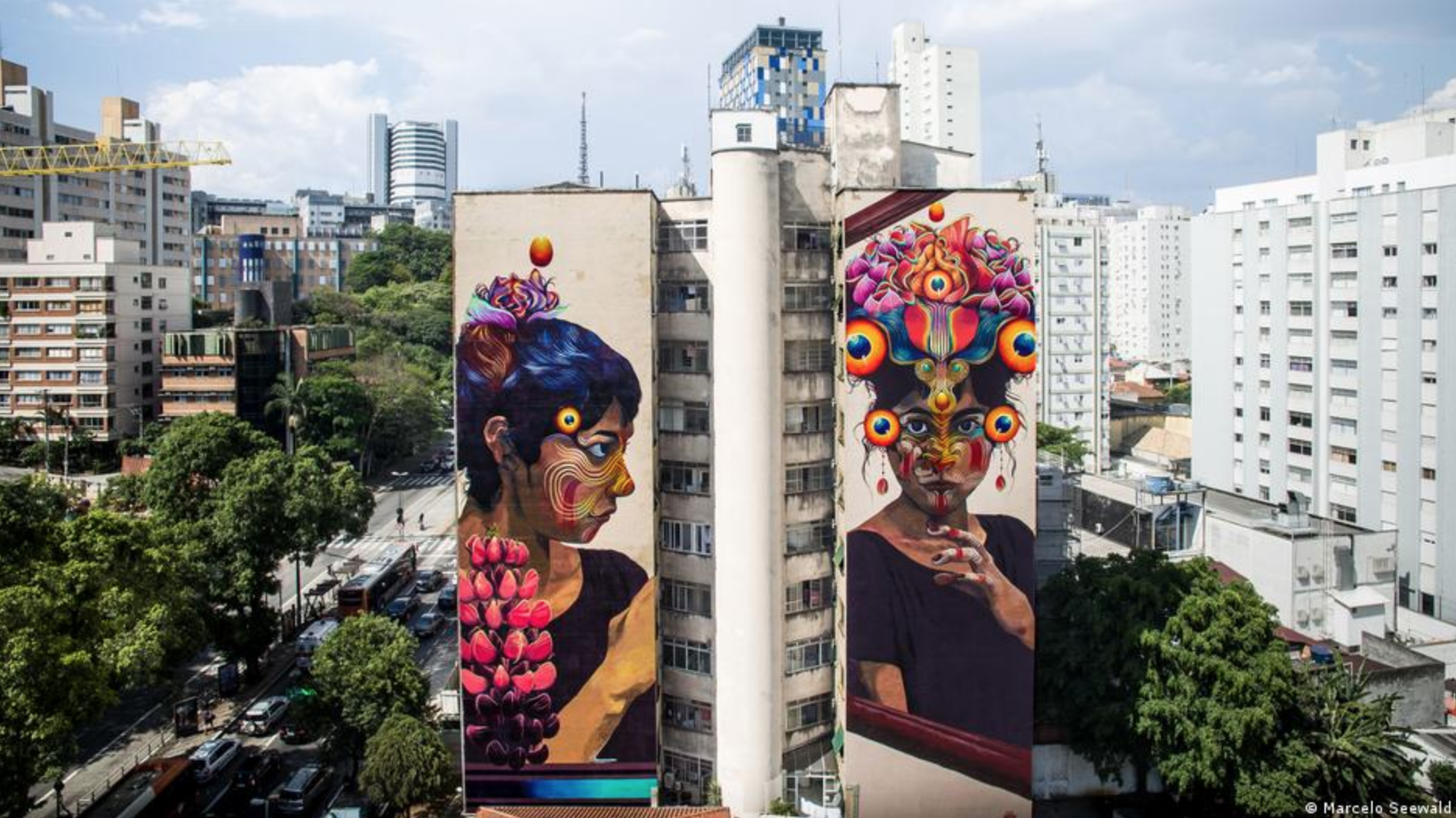Since the Australian and British governments, back in the 1990s, introduced the concept of creative economy into the global economic agenda, developing countries such as Brazil have faced the challenge of building their own strategies to strengthen and expand creative economic sectors. Essential strategies to increase competitiveness and sovereign insertion in the knowledge economy.
Although there is no single definition of what creative economy really is, a certain consensus has already been reached on the concept. Creative industries are those in which culture determines the production of value. Creativity and symbolic aspects are superimposed on the physical or material properties of goods, making the definition of their “price” more subjective.
The economist Paul Stoneman, a specialist in the public understanding of science, defines soft innovation as a tendency to leave functional performance in the background in favor of design, intellectual appeal, etc., which is contained in practically everything we consume: from cell phones to the food we eat, from computers to tourist services. What matters more and more are the symbolic, intangible, and creative aspects. In other words, culture.
After the destruction of cultural policies and the crusade against culture and Brazilian artists encouraged by the previous government, there is a strong expectation for the recomposition of public initiatives that put the economy of culture in a prominent place in national development strategies. This is not an easy task. Even more so if we take into account that most of the country’s economic policymakers continue to distrust the potential of the economy of creativity. Moreover, the tendency to reduce cultural policies to the promotion of the arts cannot be underestimated.
Placing culture at the heart of a sustainable development strategy for the country is not merely an economic measure. It is, above all, about renewing our commitment to a development model more attentive to our immense cultural wealth and diversity, and more socially and environmentally balanced. There is also a fundamental democratic component. After all, to the extent they seek to stimulate the creative potential of our people and our economy, innovative cultural policies also allow for a deeper reflection on local development strategies and their implications for life in society.
In this regard, it should be noted that it is not possible to discuss creative economy without mentioning the role of cities. Creative industries presuppose creative cities. After all, it is at the local level that the infrastructures necessary for the development of creative economic activities, support networks, and relationships essential for the flourishing of businesses in this field are established.
Cities are the place where policies to endorse the economy of culture can make a difference, fostering innovation and the use of creativity in local entrepreneurship, strengthening networks of relationships and interaction among different economic activities, creating audiences and markets, and expanding collaboration between creative industries and research centers and universities. The experiences that have been gained as part of the UNESCO Creative Cities Network offer us a noble learning experience on the use of creativity in terms of promoting sustainable urban development.
As we know, one of the main limitations for the development of innovative enterprises in the country is related to training human resources. The new management of the Ministry of Education seems willing to implement, on a national scale, a good strategy for the qualification of basic education, previously tested and approved in the state of Ceará in Brazil. But changes in the education system require time, and it is not enough to limit the process to formal education in schools and universities.
It is necessary to invest in short-term initiatives, many of which can be employed together with civil society. Porto Digital in Recife, the Knowledge Ship in the city of Rio de Janeiro, and the Cultural Labs in the state of Ceará are good examples of public initiatives, implemented together with civil society organizations, that allow the rapid development of professional skills that are essential for the formulation, management, and growth of creative enterprises.
Another challenge to be faced is the precarious technological infrastructure found in most Brazilian cities and, in this regard, quality Internet access is one of the most urgent items. Data from Cetic.br indicates that, although 82% of Brazilian households have Internet access, only 61% have cable or fiber optic access. And among Brazilians with Internet access, 64% only do so by cell phone. It does not seem necessary to explain here the reasons why the development of creative businesses is increasingly dependent on access to quality Internet.
Finally, it should be noted that contemporary development strategies that are based on the economy of culture and knowledge must be translated into cross-cutting and cross-sectoral public policies. Therefore, it is clear that this set of aspects does not only concern the newly recreated Ministry of Culture, but is also directly linked to the performance of bodies such as BNDES, Embratur, Embrapa, Ancine, Ministries of Cities, Finance, Development, Science and Technology, Planning, Education, among others, which should act in a coordinated and integrated manner.
We do not yet know if — or to what extent — this integration will occur, but this broadened perspective of the development of cultural policies will determine, to a large extent, the possibilities of consolidating a national economy more in tune with the challenges of this century.
*Translated from Portuguese by Janaína Ruviaro da Silva













